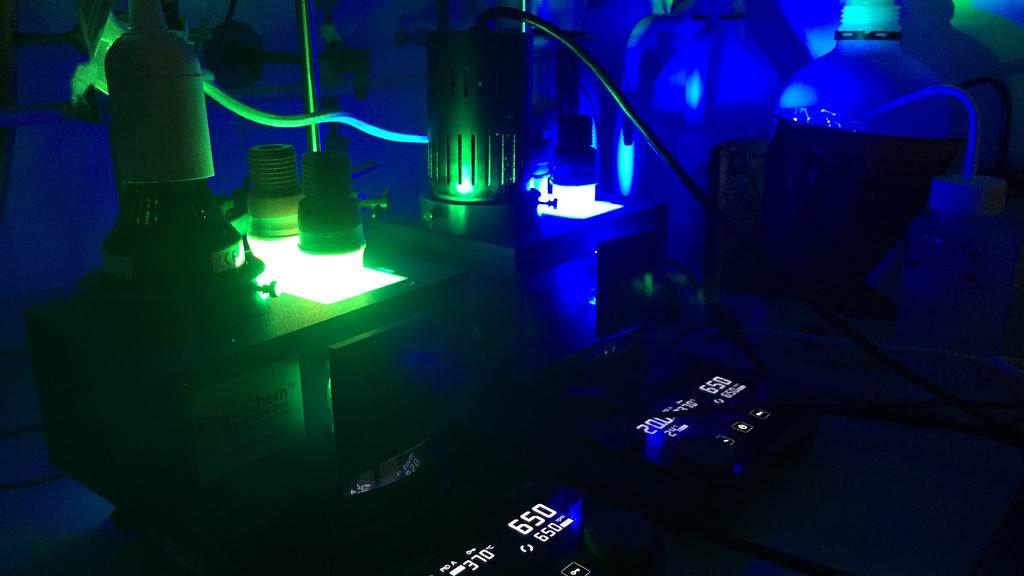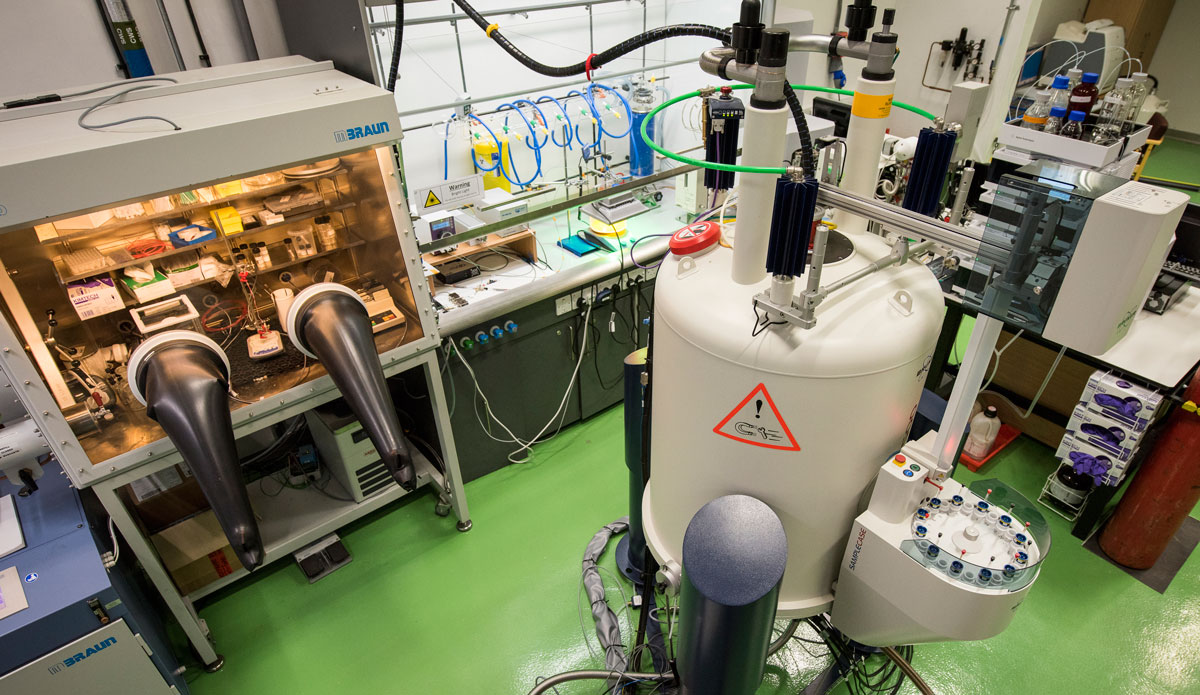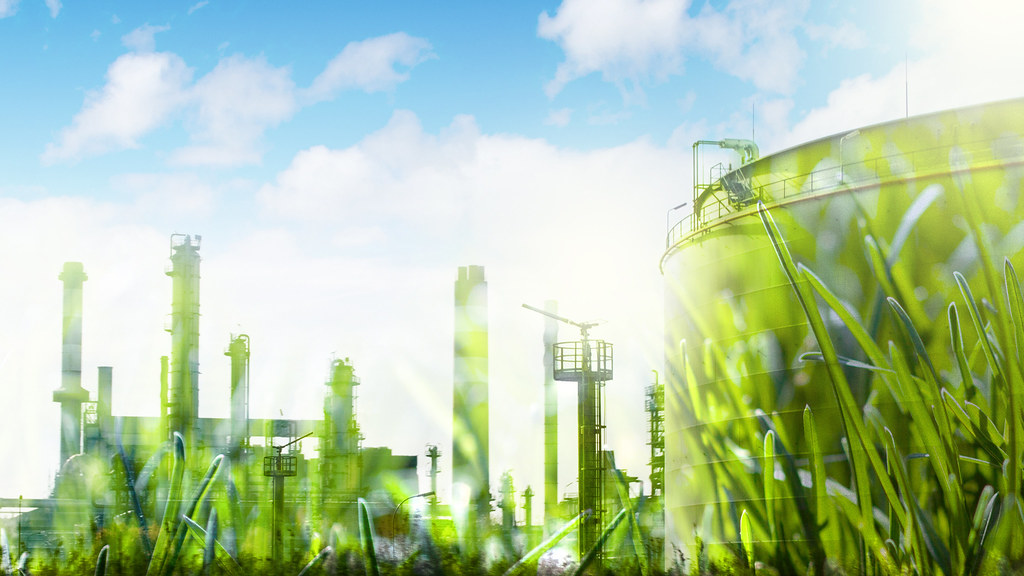
Plastic surgery: Chemistry experts unite to make plastics fit for the future
Greener plastics are within our grasp – and they are essential for a sustainable future, says international group of researchers and funders.
New research is urgently needed to improve our understanding of plastics and their impacts, to secure a sustainable future for a material that fulfils vital roles in society – says international union of chemical societies and funding agencies.
Professor Matthew Davidson, Director of the Centre for Sustainable & Circular Technologies (CSCT) at the University of Bath, joined learned societies and funders from China, Germany, Japan and the UK to develop a masterplan for creating a circular economy for plastics, by preserving the crucial function they serve in society while introducing much better recyclability and reusability into their design. The meeting was the latest edition of the Chemical Sciences and Society Summit (CS3), which takes place every two years.
Plastics’ worst environmental impacts are a common sight in the news or on social media, but they also play crucial roles in producing renewable energy and reducing the environmental impact of transport, as well as preserving fresh food and protecting it from contamination.
Plastics have also played a lifesaving role during the ongoing COVID-19 pandemic, as personal protective equipment such as masks, gowns and gloves all contain plastic.
A report on the findings published on 3 June says that, with plastics likely to play a crucial role in healthcare and in low-carbon technologies in the future, it’s vital that new types of plastic are designed that can fulfil those roles without adverse impact on the environment. The report was published by the University of Bath in partnership with an international group of learned societies and funding bodies.
Professor Charlotte Williams, Professor of Chemistry at the University of Oxford, who chaired the meeting, said: “We use plastics because they can do things other materials cannot. We have an opportunity and an obligation to think about how we can re-design plastics to make them fully sustainable and fit for purpose, both for existing applications and for those we will need tomorrow. In the process, we must aim to reduce and even reverse some of the damage plastic pollution has already caused.
“The solution cannot be to ‘ban’ plastics or to replace them with alternative materials like paper, glass or metals. These alternatives also involve significant environmental impacts and in some cases are less sustainable than using plastics.
“Building a new future for plastics will require extensive collaboration across disciplines – including science, engineering, social sciences, policy, regulation and business.”
Future sustainable technologies may depend on plastics
Plastics are frequently demonized – often for the waste and pollution they cause – but they have benefits, too.
In the future, many technologies central to reducing our reliance on fossil fuels will depend on plastics. Wind turbine blades require plastic composites and adhesives, while batteries rely on plastics in their housing and may even apply them as electrolytes and other components. Plastics are also widely used in home insulation, reducing energy usage, and they play critical roles in the construction sector as pipes and conduits, cladding, seals, adhesives and gaskets.
Other future technologies such as robotics, drones, electronics, healthcare and diagnostics will also rely on the development of better plastic materials.
Plastic’s image problem exists in the production stage too, since most plastics are made from petrochemicals, the extraction of which causes pollution and the degradation of land. But in future, they could be produced from more sustainable sources – such as waste plastics or biologically-sourced raw materials.
Chemistry has a central role to play
Technical solutions are urgently needed to ensure that, in future, plastics can retain their useful properties whilst having a reduced environmental impact throughout their lifespan. Chemistry will play a central role in delivering these solutions.
Developments in chemistry will be key to understanding and mitigating the impact of plastics in the environment. Chemistry can help to develop efficient ways to recycle the plastics we use today and, in the longer-term, create replacements that are made from sustainable starting materials, are more amenable to recycling at end of life, and degrade more quickly to harmless by-products if they escape into the environment.
Professor Matthew Davidson said: “The remarkable consensus achieved by a group of international experts in just two days of intensive discussions highlights that there is both a will and the ability within the global scientific community to tackle the major issues around sustainable use of plastics.
“A large multidisciplinary team of scientists and engineers within CSCT is already closely engaged with many academic and industrial partners around the globe to address the research challenges outlined in the report, and we look forward to further enhancing our research through new projects and partnerships as greener solutions are sought on a worldwide scale.”
Four major research challenges
The new report – which is the output of a global summit held at the Royal Society of Chemistry in November 2019 – identifies four major research challenges. These four challenges are interlinked and are of equal importance.
- Understand the impacts of plastics throughout their life cycles. We need a suite of technologies and assessment tools to improve sustainability throughout plastics life cycles – from obtaining raw materials and manufacturing plastics, to better recycling and disposal options and fully understanding all the environmental impacts. Analytical methods and predictive models will be key to understanding the structure, properties and behaviour of micro and nanoplastics currently in the environment.
- Develop new sustainable plastics. New plastics must be designed with circular economy in mind from the design stage. This involves designing polymer structures with specific properties that allow plastics to be manufactured, processed and recycled with minimal negative environmental impacts.
- Closed-loop plastics recycling. More efficient recycling processes are needed across the board – including in separating mixtures and composites into single pure polymers, and in enabling ‘chemical recycling’ – that is breaking polymers down into smaller molecules for future use.
- Understand and control plastic degradation. The indiscriminate disposal of plastics into the environment must be stopped. Some degradable plastics will be needed and the focus should be on developing products that are both recyclable and environmentally degradable so they can be degraded to non-toxic biochemicals after multiple reuses or recycles. It is also important that labelling standards are improved to ensure clarity and standardization of terms such as compostable, biodegradable and degradable polymers.
To read the report, visit the Royal Society of Chemistry’s website.







